
Winning the Knowledge Transfer Race
Using Your Company's Knowledge Assets to Get Ahead of the Competition
Recommendation
This book is full of insight, if you can penetrate its academic heft. Michael J. English and William H. Baker Jr. clearly have thought long and deeply about knowledge management and the practice of knowledge transfer. They’ve done their research, they define their terms in depth and they provide abundant examples. As a reference text, this book is superior. However, despite the authors’ overarching metaphor of the “knowledge transfer race,” the book is so dense it is easy to imagine executives shelving it as an authoritative sourcebook, but implementing suggestions from less informed but more accessible authors. More than once, English and Baker slow down to answer all objections and define their terms until their momentum grinds to a halt. Other attempts to serve the reader stall similarly. For example, their attempt to help readers classify best practices results in a 14-page outline. Yes, each point in the outline indicates a potentially valuable action, but getAbstract – while regarding this book with respect and admiration – fears few readers will make it through such exhaustive explanations, and recommends it primarily as a serious reference work that will reward your efforts to penetrate it.
Summary
About the Authors
Michael J. English, co-author of Benchmarking for Best Practices, is a partner in a consulting practice. Recently retired from Raytheon, William H. Baker Jr. is vice president for programs at the Association for Manufacturing Excellence, Southwest Region.









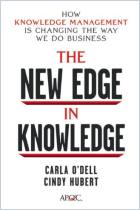
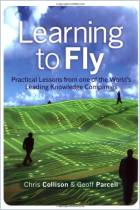
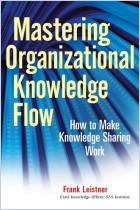
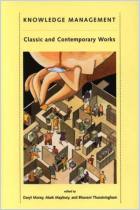
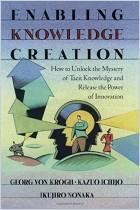
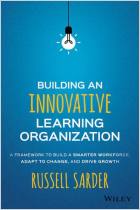



Comment on this summary or Start Discussion